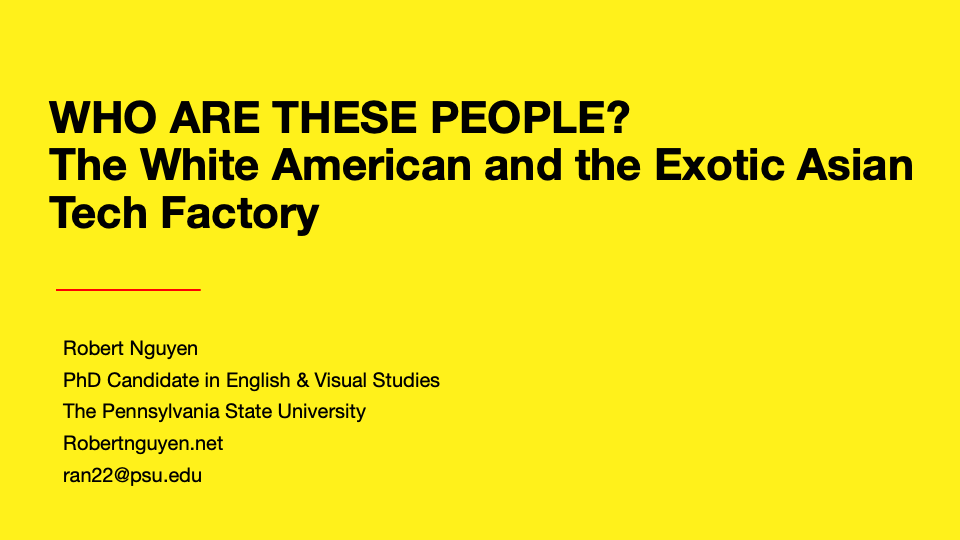AAAS 2023: Presented on Silicon Valley Imaginaries: On Asian/American Digital Studies panel
Ocean Avenue, Long Beach, CA. Canon AE-1 Program, Kodak Ultramax 400.
In early April, I attended the Association for Asian American Studies conference in Long Beach, CA, where I presented on the panel Silicon Valley Imaginaries: On Asian/American Digital Studies. The panel was organized by Huan He, and included presentations by me, Huan He, Danielle Wong, and Rachel Kuo. I really enjoyed the opportunity to engage in conversation with these scholars and hear about some of the great work that they’re doing.
The talk I gave was my first attempt to expand on some of the ideas and topics that I’ve touched on in my dissertation, and I’m looking forward to working through these ideas more as I develop the talk into an article draft later this summer.
Abstract
In Mike Daisey’s theatrical piece The Agony and the Ecstasy of Steve Jobs, Daisey is fascinated by a story about a customer’s new iPhone that arrived containing photos of Chinese workers inside an Apple supplier’s factory. He asks “Who are these people?,” a question that prompts him to fly to China, interview workers, and tell his American audiences what he has discovered in a production that is later revealed to include numerous fabrications, true in general accounts of human rights abuses but distorted in its particulars. Other cultural works of the 2010s similarly depict revelatory encounters between white protagonists and Asian factory workers: in Elisabeth Cohen’s novel The Glitch, a tech CEO tracks down counterfeits of her wearable earpiece product to a factory in Malaysia; in HBO’s sitcom Silicon Valley, Chinese factories become the battlegrounds for corporate power struggles, while click farms in South Asia are used to inflate startup company valuations.
This paper argues that the depiction of the exoticized factory as the site of numerous wrongdoings—human rights abuses, counterfeiting, and corporate scheming—mediate Western anxieties over the consequences of globalized technology production in Asia specifically, a concern that is heightened by the massive growth of smartphone adoption during the 2010s and more recently expressed in conspiracy theories associating Chinese 5G networks with the coronavirus. I situate works by Daisey, Cohen, and others as techno-orientalist imaginaries that shortly precede increased US concerns over China’s rising economic and geopolitical power.


